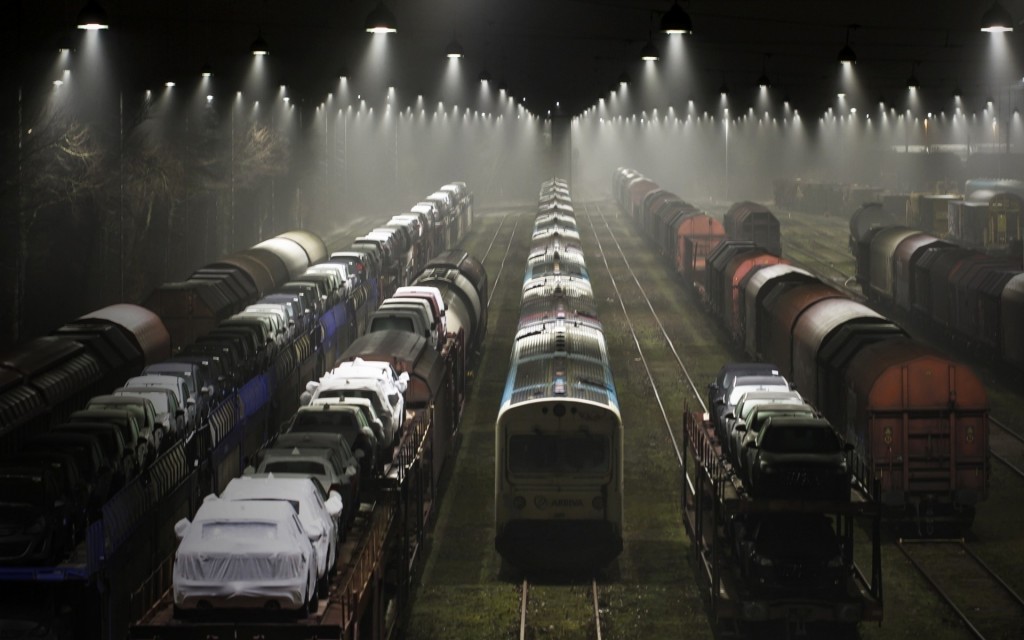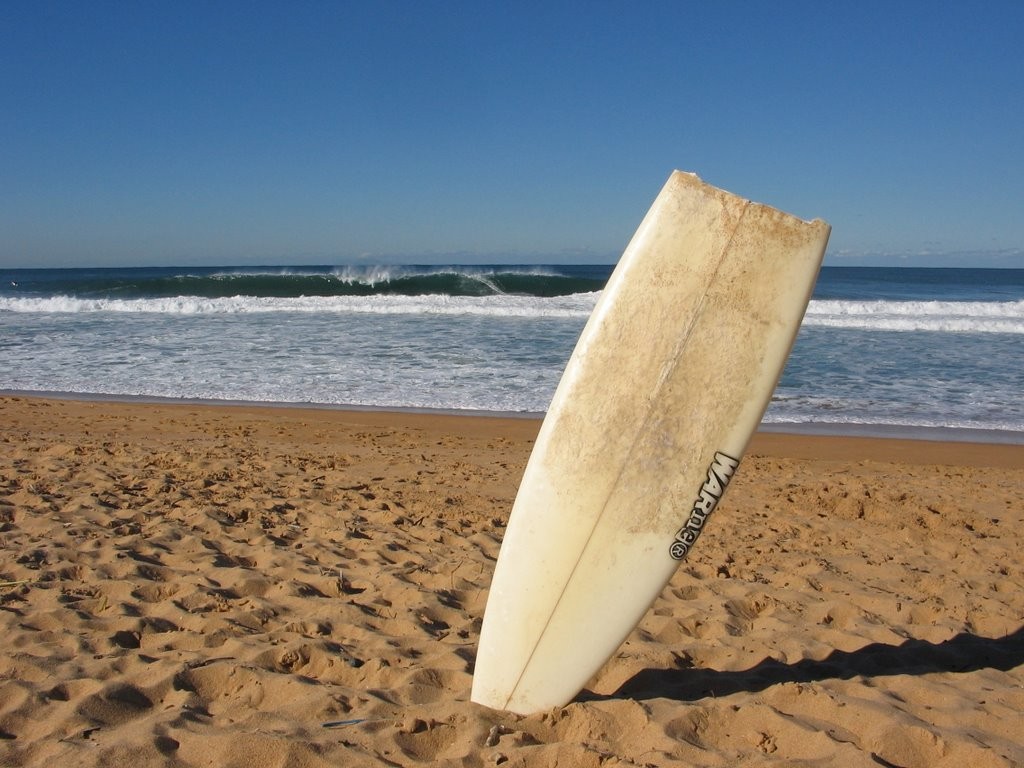by: Bonnie Wilkins Overcott
An American story, accentuating all that immigrants have done to make the United States what it is today…

He was known to me simply as “Grandpa.” His hair was thinning on top and his high forehead was wider than the rest of his face. His skin was weathered from a lifetime of working outdoors and his teeth were lost long before I knew him, his easy grin displaying a perfect set of false teeth. One of his front teeth had been knocked out at some point, and he had it replaced with a gold tooth. Grandpa had a pleasant, grandfatherly face. My favorite picture of him shows him milking one of his black and white cows, jaunty straw hat on his head, wearing blue jeans and a white long-sleeved shirt with the sleeves rolled up to the elbows.
Each day Grandpa rose before dawn to begin his farm work. After a hard morning’s work and a lunch Grandma prepared, he would lie down on a built-in daybed, sandwiched between two wood china cabinets painted white to match the rest of the wood in the dining room for his afternoon nap. His dog, Cinders, ever Grandpa’s sentry, would join him on the tiny bed. This ritual, perhaps, was the bellwether of the faulty heart that eventually took him from us.
Grandpa was born in the Netherlands, or more specifically, Friesland, a province in the northwest corner and includes the West Frisian Islands along the North Sea coast. Born in 1889 and named Jan Fokkema, Grandpa grew up near the little town of Engwierum. We knew little of his youth, as Grandpa didn’t share much of that part of his life with us.
Friesland, today, is a pastoral region of the Netherlands dotted with small towns, like Engwierum, with their charming narrow streets lined with brick homes. Land is precious because of its constant campaign against the powerful seas. The landscape is dotted with windmills and their many canals, some lined with homes and small businesses, resemble a humble Venice. Friesland’s winter landscapes are reminiscent of Hans Brinker, or the Silver Skates, the 1860’s story Disney made into a television movie in 1962, with the frozen canals enjoyed by thousands of ice skaters. Many world class speed skaters are Frisian, and Friesland hosts the Elfstedentocht, or the Eleven Cities Tour, for sixteen thousand skaters, a meandering two hundred and fifty-three kilometer race that’s held only when the ice is just right. The ice has been right fifteen times since 1909.
In the summers, the very same canals are populated with boats. The farms and fields are lush and green, providing a stark contrast to the black-and-white Frisian cows. Today, the Netherlands is a parliamentary constitutional monarchy and a modern industrialized country. It has a trade surplus and is the second largest food exporter in the world.
The Friesland of today is not the same one that Grandpa remembered. By the time he was born, Frisian society was stratified. He was born into a family of farm laborers, the poorest of the poor; the people who owned no land and worked for landowners; people who were kept in perpetual poverty with no hope of changing the circumstances of their lives. Children were put to work as early as possible, usually around the age of ten. These children began working for their parents’ employers pulling weeds, planting, and harvesting. Around the age of fourteen, they were often sent to a farm to work for its owners for a small salary plus room and board. There they would remain until they married. Girls might first work as nannies and be sent to work on a farm at the age of fifteen. As a young boy, Grandpa was sent to work for one of those landowners. Sending children to work solved several problems for Grandpa’s parents. One, the child earned a small income, which was sent home and two, the child ate at the farmer’s home, thus saving on the amount of food needed to feed the family.
Grandpa said he would sit down for a meal feeling hungry and leave the meal feeling hungry. Common fare for laborers was rye bread with grease or syrup for breakfast and potatoes with mustard sauce for dinner. Grandpa always blamed that period in his life for his short stature and poor health. Frisians, historically, were considered among the tallest people in the world. Grandpa was five feet, five inches tall, while the average height in the Netherlands is around six feet tall for men.
Other vegetables besides potatoes, or any kind of meat in fact, were rare, which was why Grandpa excitedly carried home a package containing a soup bone the farmer’s wife had given him one day. A soup bone cooked with potatoes and maybe a few other vegetables would be a special meal for his family. There might not be a lot of meat on the bone, but the flavor of the bone with its marrow simmered together with the vegetables would taste downright delectable. Grandpa proudly handed the gifted bone to his mother and watched as she slowly opened the package, only to discover that the soup bone had already been used. Whether that second-hand soup bone sealed Grandpa’s will to find a better life, I’ll never know. He remembered with bitterness the humiliation and disappointment of carrying home a used soup bone for the rest of his life.
In 1907, Grandpa was eighteen years old when he boarded the Noordam, a five hundred and seventy-five foot long by sixty-two foot wide steamship. Grandpa’s freedom would come after he worked off the fare for his passage paid for by a Wisconsin farmer. Grandpa came to America as an indentured servant. He had little education, had no understanding of English, and no marketable skills except the willingness to perform hard labor. He slept in the hay mow of the barn while he worked off his debt. At one point Grandpa became deathly ill, and the concerned farmer wanted to send him back to the Netherlands. Grandpa replied he’d rather die in America than go back. He recovered and finished paying off his debt. The farmer wanted him to stay, but Grandpa could make more money elsewhere. He had the desire to become self-sufficient. He learned to read, write and speak English while working despite having little formal education. He left that farm and worked until he had the fare to pay for his younger brother Walter to come join him. By this time, Grandpa had changed his name to John Wilkins. Grandpa was free.
After working to bring his parents and younger sister to America, Grandpa then married my grandmother, Jennie Otten, and bought a farm of his own near Foreston, Minnesota. He had succeeded in obtaining what was unobtainable at that time in the Netherlands—land. He lived on that modest farm for the rest of his life.
Grandpa never went hungry again. Thirty one years after he left the Netherlands, Grandpa owned over one hundred and sixty acres of land, fifteen milking cows, twenty-seven pigs, three horses and one hundred and twenty-five chickens. Grandma kept a large vegetable garden and in the fall she would can fruits and vegetables she harvested. Grandpa had also built a smokehouse on the farm and my father often fondly reminisced about the home-smoked hams and sausages that hung from the rafters of the basement in the fall, and the colorful jars of jams, preserves, vegetables and fruits that lined the basement shelves. Fresh apples, potatoes, carrots and other root vegetables were buried in barrels of damp sand for use throughout the Minnesota winter.
During the Great Depression, Grandma fixed meals for itinerant laborers who stopped by looking for help. She made sandwiches out of the smoked hams so the homeless men could carry something to eat with them. Grandpa sold his smoked meats around the area to raise a little cash. In the 1950’s, after raising their own children, they took in several foster children, high-school-aged boys who were being released from reform school.
Grandpa made a good life for himself since passing by the Statue of Liberty, with her lamp held high for all to see, proclaiming “Give me your tired, your poor, your huddled masses yearning to breathe free.” Grandpa not only supported himself and his family, but despite never accumulating great sums of wealth, was always willing to give to others who needed a helping hand.





